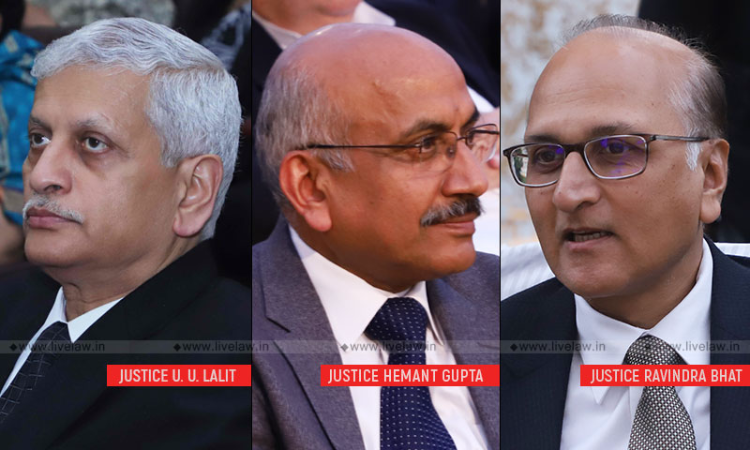The Supreme Court observed that there is no per se bar to grant relief of interest on refund to a subsequent purchaser of flat.It cannot be said that a subsequent purchaser who steps into the shoes of an original allottee of a housing project in which the builder has not honoured its commitment to deliver the flat within a stipulated time, cannot expect any even reasonable time, for...

